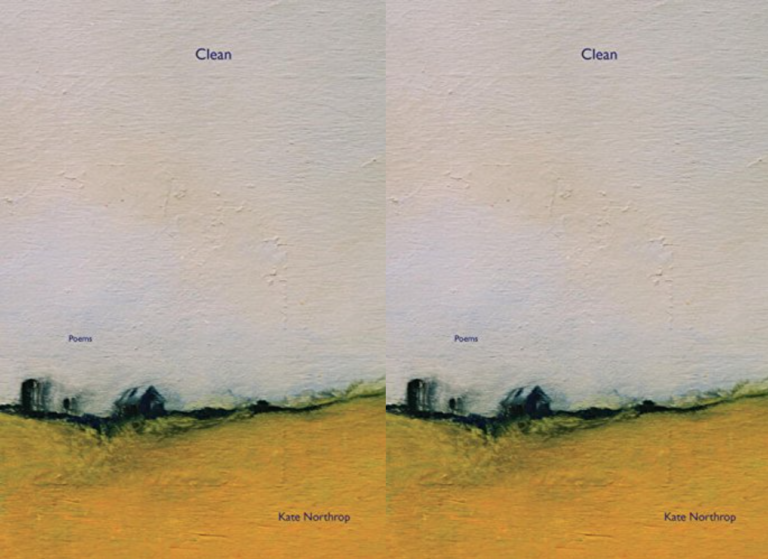Time, Sin, and Wonder in Elisa Gabbert’s Normal Distance
Normal Distance
Elisa Gabbert
Soft Skull Press | September 13, 2022
Why do we remember the past and not the future? Theories of time in physics abound, but one such idea goes like this: time is like film from a movie—everything that will happen has already happened or perhaps it would be more apt to say that everything is always happening. In such a world, it is mere happenstance that human beings remember the past and not the future.
Such mental gymnastics abound in Elisa Gabbert’s new poetry collection, Normal Distance. “Why do I have to make this future that already exists?” she asks in “I Don’t Want To Hear Any Good News or Bad News,” and “Today, there’s more past that yesterday. But is there any / less future?” in “Historians of the Future.”
This eternal, almost infernal, questioning paradoxically creates an experience of immense relief for a reader. The opening and turning outward to the largest questions we can ask—time, the afterlife—remind us of all we do not know. In our shared ignorance, Gabbert stokes a sense of wonder. It is no coincidence that the noun form of the word “wonder”—a feeling of surprise mixed with admiration and closely related to awe or sublimity—also has a verb form—to desire or be curious about something, and in a secondary definition, to feel doubt. Questioning produces the feeling of wonder; engaging in the world through curiosity opens this integral and most human sensation.
Formally, the collection moves between long-lined poems brimming over the top with reference, humor, and inquiry. Such pieces are punctuated by compressed fifteen-line poems that venerate the image. In a book where the speaker’s teeming intellect threatens to overtake the average reader, such poems become a breath of fresh air. If the expansive poems are the questions, the condensed works are the answer. In a spiral of anxiety, the first asks: “How do we know that we’re not just thinking about / objects, bright and distant? Concepts? The future?” An answer: “I’d like to do it all again / In silence now, in darkness, / A wasp in a fig.”
Desire and doubt, curiosity and wonder, these are just a few of the emotional spans the speaker of Normal Distance instills in the reader. “Prelude,” the collection’s first poem, begins, “Every year, when the lindens bloom, I think of the year / when the lindens didn’t bloom.” Here, the speaker can only recognize presence through absence. The lack of the linden flowers becomes the point from which any contemplation can grow. The poem goes on to contemplate, “Original thought was the mere idea, idea with no shadow. / The thought everafter is only shadow, and shadows are / startling.” In these lines, it is almost as if thought itself becomes a kind of original sin.
But what is so sinful about thought? The collection returns again and again to the intermingling of strong emotions. In “About Suffering,” a poem after Auden’s famous “Musée des Beaux Arts,” Gabbert writes, “Happiness is suffering for the right reasons.” Likewise, “That It Is Folly to Measure Truth & Error by Our Own Capacity” ends with the line, “Not-suffering is a kind of suffering.” Here, the sin of thought is that the good always begets the bad. There is a sort of relief to this way of thinking—sure, nothing good lasts but neither does anything bad. Instead, Gabbert’s theory of emotion, as best expressed in “New Theories on Boredom,” points out that “You can only be bored almost to death.”
Even with these large thematic and philosophical questions, the collection is not self-serious. Gabbert tempers the weight of her questions with humor: “I have a morbid fear of trainers,” she writes in “Desiderata,” “They always want to help / you meet your ‘goals.’ / But I don’t have goals!” This is another technique Gabbert employs throughout the book: the disarmingly familiar. She returns to questions again and again that I feel I might have asked myself. The refrains become earworms, like a song that is stuck in your head, and I find myself wondering whether the question began with the reading or in my own mind. In this way, there is a sense of openness to the poems, a feeling of closeness shared between the poet and the reader.


